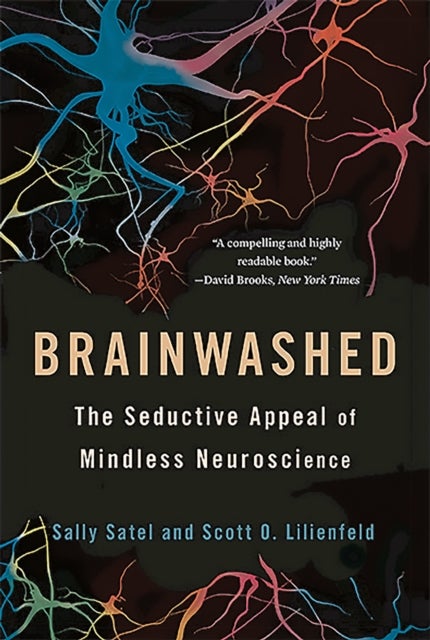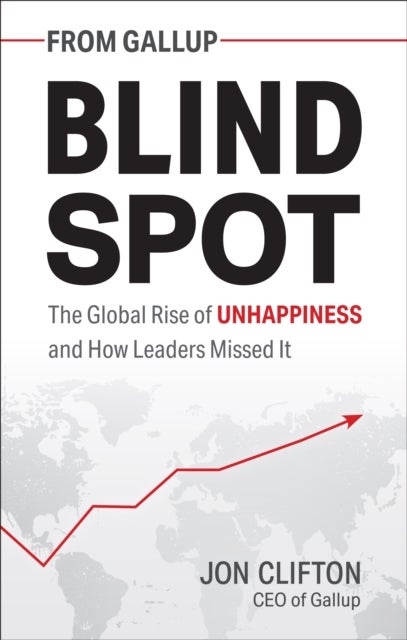
Brainwashed av Sally Satel, Scott Lilienfeld
229,-
<div>What <I>can’t</I> neuroscience tell us about ourselves? Since fMRI—functional magnetic resonance imaging—was introduced in the early 1990s, brain scans have been used to help politicians understand and manipulate voters, determine guilt in court cases, and make sense of everything from musical aptitude to romantic love. But although brain scans and other neurotechnologies have provided groundbreaking insights into the workings of the human brain, the increasingly fashionable idea that they are the most important means of answering the enduring mysteries of psychology is misguided—and potentially dangerous.<BR><BR>In <I>Brainwashed</I>, psychiatrist and AEI scholar Sally Satel and psychologist Scott O. Lilienfeld reveal how many of the real-world applications of human neuroscience gloss over its limitations and intricacies, at times obscuring—rather than clarifying—the myriad factors that shape our behavior and identities. Brain scans, Satel and Lilie








